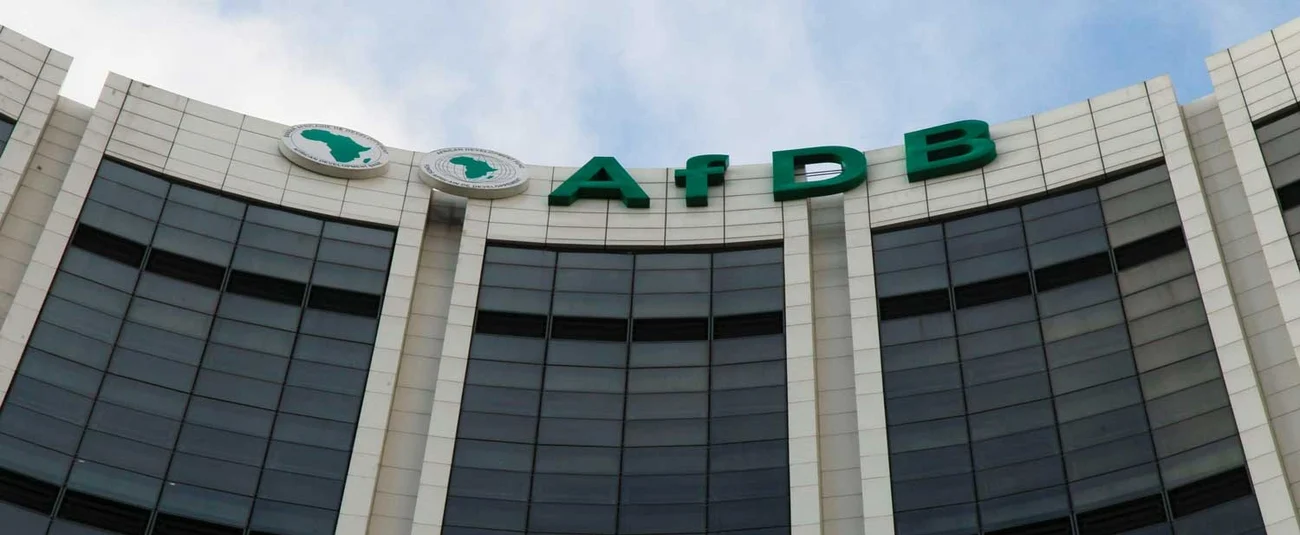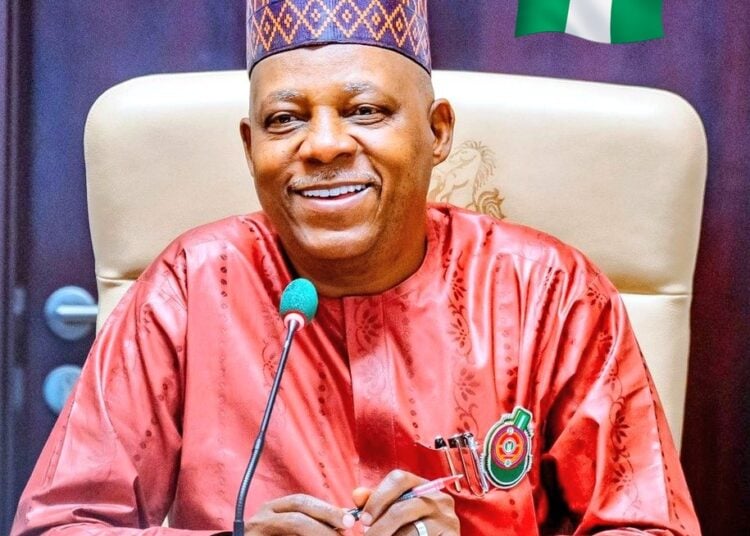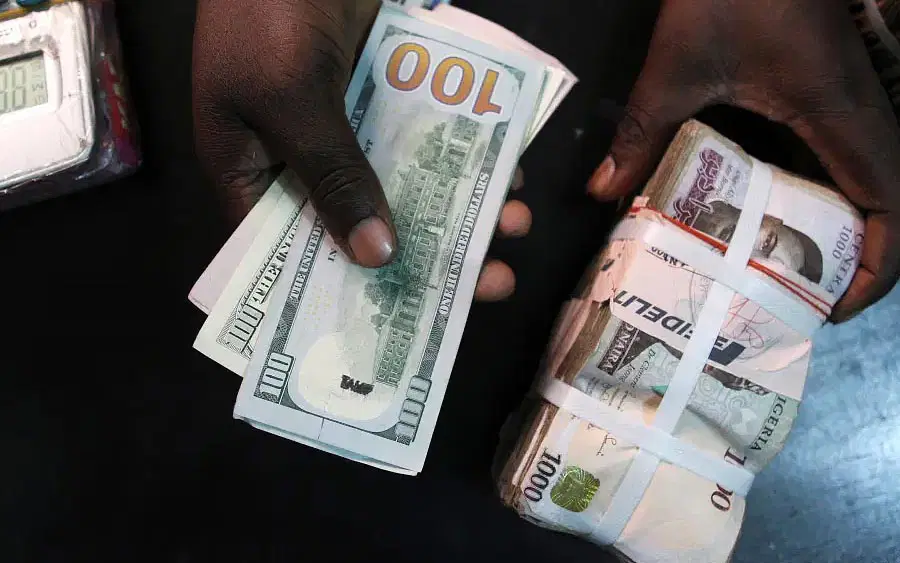The Federal Government has launched a nationwide N120 billion youth skills acquisition program, designed to support registered companies that can train at least 60,000 youths over a three-month period.
Upon completion, trainees will not only gain practical skills for employment but will also receive starter packs to help them transition smoothly into the workforce.
This was disclosed by the Minister of State for Education, Prof. Suwaiba Ahmad, at the Adolescent and Youth Ministerial Dialogue on Wellbeing, Health, and Development held in Abuja on Tuesday.
Prof. Ahmad, represented by the Senior Special Assistant to the Minister, Prof. Ali Idris, stated that the program aims to equip vulnerable youths, including Internally Displaced Persons, with practical skills for employment across all six geopolitical zones.
“If you have a registered company capable of training at least 60,000 people within three months, the ministry will pay that company. Likewise, individuals who undergo training will receive a starter pack upon completion,” she said.
She explained that the initiative is part of President Bola Tinubu’s Renewed Hope Agenda, aimed at tackling rising unemployment by offering sustainable empowerment opportunities for young people.
The minister emphasized that the program would not be developed in isolation, as the Ministry plans to organize a stakeholders’ meeting to allow young people to voice their priorities and actively participate in decision-making.
“This programme is not being done in isolation. We are working with the youth to identify the areas they consider most critical. Once stakeholders meet, we will move to implementation,” she said.
She highlighted Nigeria’s economic challenges, noting that many companies were leaving the country and that not everyone would secure government jobs.
She stressed that the best option for young people is to acquire relevant skills that will enhance their employability, both locally and internationally.
The Advocacy League Programme Officer for Plan International Nigeria, Jonathan Abakpa, emphasized the importance of involving young people in national discussions about their future.
“The last conference led to the creation of the Adolescent and Young People’s Roadmap, which serves as a guide for policy and intervention.
“This year’s inter-ministerial dialogue allows youth to engage directly with ministers and demand implementation of their priorities,” Abakpa stated.
He noted that youth-led advocacy is beginning to yield results, particularly with increased budgetary allocations for education and health.
However, he cautioned that issues such as early marriage, teenage pregnancy, and the out-of-school population still demand urgent government attention.
The event gathered stakeholders from the education, health, and humanitarian sectors, all focused on creating inclusive and practical solutions for Nigeria’s youth.









